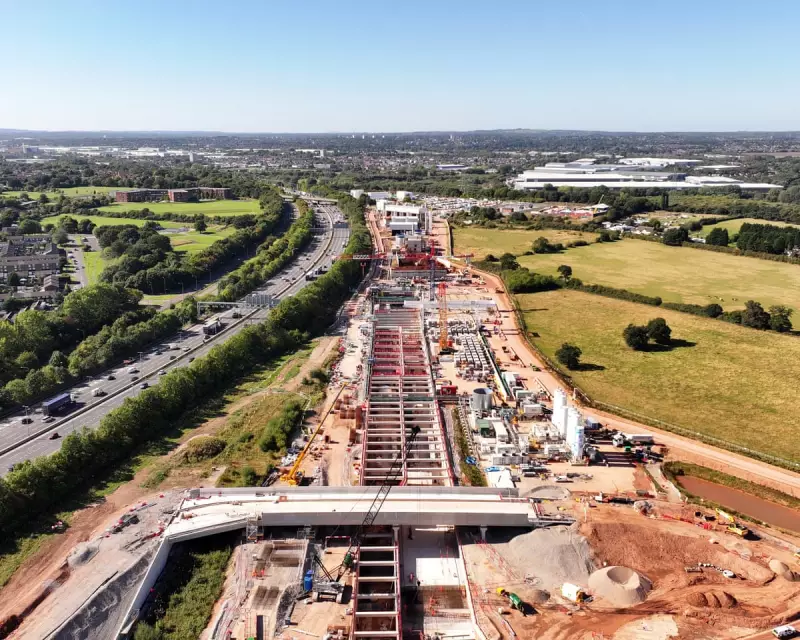
Leading UK manufacturers are pushing for the revival of the HS2 northern leg, emphasising its critical role in boosting rail freight capacity and supporting economic growth. The move comes amid growing concerns over road congestion and environmental sustainability.
Why HS2's Northern Leg Matters
The abandoned northern segment of HS2, originally designed to connect Birmingham to Manchester and Leeds, is now seen as a missed opportunity to revolutionise freight transport. Manufacturers argue that reinstating this leg would alleviate pressure on roads, reduce carbon emissions, and improve supply chain efficiency.
Economic and Environmental Benefits
Increased rail freight capacity would allow businesses to move goods more efficiently, cutting costs and delivery times. Additionally, shifting freight from road to rail aligns with the UK's net-zero targets, reducing the logistics sector's carbon footprint.
Industry Backing
Key manufacturing groups highlight that the UK's current rail infrastructure is insufficient for modern freight demands. "Without HS2's northern leg, we risk falling behind European competitors," said a spokesperson for a major industry body.
Challenges Ahead
Despite the clear advantages, the project faces political and financial hurdles. Critics question the cost, while supporters stress the long-term benefits for regional economies and national infrastructure resilience.
The debate continues as stakeholders urge the government to reconsider its decision, framing HS2's completion as essential for the UK's future prosperity.





